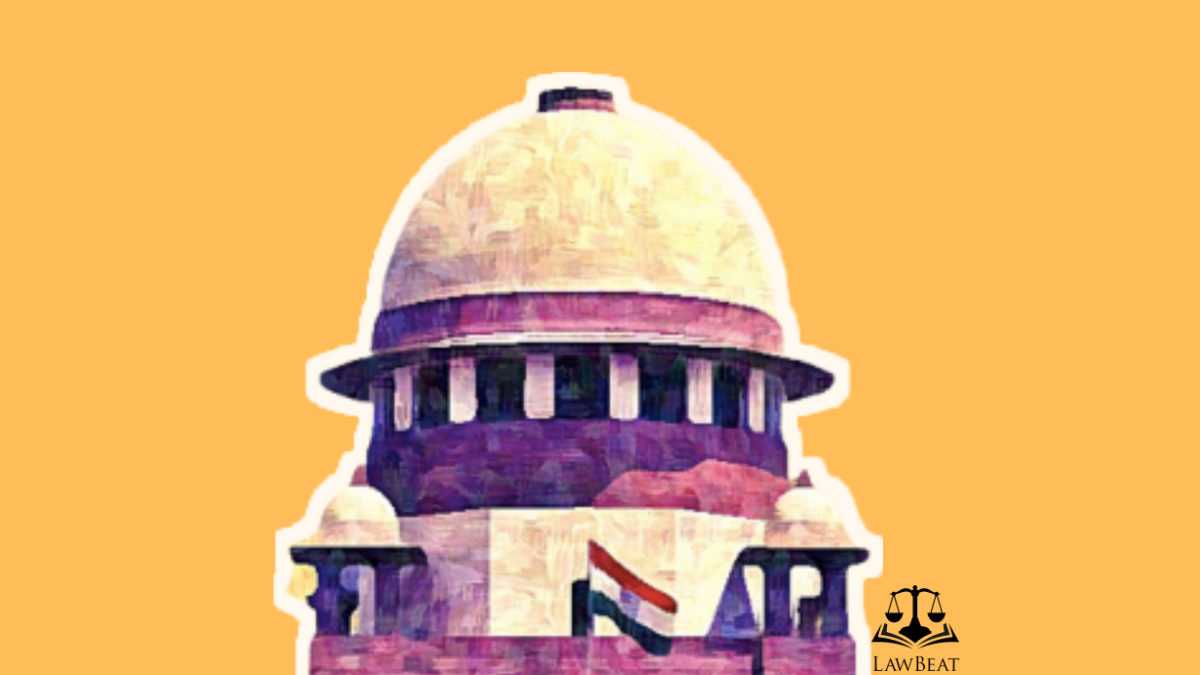Some Degree Of Restraint & Sobriety Expected From Judges: Supreme Court While Allowing Expunction Of Remarks Against An Advocate

Supreme Court yesterday, allowed an SLP seeking expunging of remarks from the High Court order against an advocate. The requisite degree of restraint and sobriety expected in such situations seems absent in the offending comments, said the Top Court.
While recording that the statements had cast aspersion on the professional integrity of the appellant, A Division Bench of Justice RF Nariman and Justice Hrishikesh Roy, said,
“While it is of Fundamental Importance in the realm of administration of Justice to allow the Judges to discharge their functions freely and fearlessly and without interference by anyone, it is equally important for the Judges to be exercising restraint and avoid unnecessary remarks on the conduct of the counsel which may have no bearing on the adjudication of the dispute before the Court.”
It was added that the tone and tenor adopted by the High Court was completely uncalled and immaterial to the adjudication of the case.
Directions were issued to recall the same, so as to avoid any future harm to the appellant’s reputation or his work as a member at the Bar.
In State of UP v. Mohammad Naim, AIR 1964 SC 703, Justice SK Das laid down the following tests which are to be applied in dealing with question of expunction:
- Whether the party whose conduct is in question is before the Court or has an opportunity of explaining or defending himself;
- Whether there is evidence on record bearing on that conduct justifying the remarks, and
- Whether it is necessary for the decision of the case, as an integral part thereof, to animadvert on that conduct.
It is to be noted that in the present case, the appellant was not even accorded the opportunity of being heard.
Moreover, in Alok Kumar Roy v. SN Sarma, (1968) 1 SCR 813, Justice CK Wanchoo, emphasized that even in cases of justified criticism, the language used must be of utmost restraint.
The appellant was a practising lawyer before the Uttarakhand High Court, with 17 years standing at the Bar.
High Court while deciding four cases in which the appellant was representing one of the contesting parties, inter-alia, said,
“ I express my deep anguish and hesitantly refraining myself from taking any action against the counsel for the petitioner for producing only part of document and placing reliance on the same for procuring an interim order by suppressing material fact.”
“The counsel for the petitioner is a seasonal advocate he owes a responsibility towards the institution and fraternity too, he had deliberately created a wrong example for the pious institution.”
“In the present Second Appeal, when the argument for the learned counsel for the appellant was initiated to be addressed for quite some time, this Court is of the view that the tenacity of argument of the learned counsel for the plaintiff/appellant was in a manner as if, he was intentionally attempting to make a mountain out of a mole, which this Court will not hesitate to re mark that was a brutal assassination of time for those other litigants, whose matters were pending consideration on the said date before this Court.”
The Top Court further placed reliance on AM Mathur v. Pramod Kumar, (1990) 2 SCC 533, Abani Kanta Ray v. State of Orissa, 1995 Supp (4) SCC 169, Samya Sett v. Shambu Sarkar & Anr, (2005) 6 SCC 767.
Case Title: Neeraj Garg v. Sarita Rani | CIVIL APPEAL 4555 – 4559 of 2021
